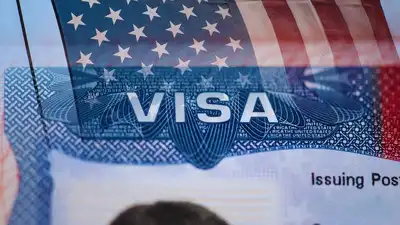ARTICLE AD BOX

As part of President Donald Trump’s ongoing immigration crackdown, the US State Department has introduced significant changes to the non-immigrant visa (NIV) application process, effective immediately.
According to a statement released on Saturday, NIV applicants, including those seeking B1 (business) and B2 (tourist) visas, must now schedule their visa interviews at a US embassy or consulate in their country of citizenship or legal residence. This policy shift eliminates the option for applicants to book quicker visa appointments abroad. This practice was common during the COVID-19 pandemic.How does it affect Indian applicants?The new regulation poses challenges for Indian travelers requiring urgent US travel, as they can no longer seek expedited B1/B2 visa interviews in other countries.
As per reports, the current wait time for B1/B2 visa interviews in Hyderabad and Mumbai is three and a half months, four and a half months in Delhi, five months in Kolkata, and up to nine months in Chennai.Exceptions to the rule

However, there is an exception to the rule. The State Department noted that this is not applicable for regions where the US does not conduct routine NIV operations. Additionally, certain applicants may qualify for an interview waiver, such as those renewing a full-validity B-1, B-2, or B1/B2 visa within 12 months of its expiration, provided they were at least 18 years old at the time of the prior visa’s issuance.
The new policy now mandates that nearly all applicants, including children under 14 and adults over 79, attend in-person interviews with a consular officer, reversing previous flexibilities.The Trump administration has also implemented stricter vetting processes and revoked visas for certain groups, including students, as part of its efforts to tighten border control. The State Department emphasized that these measures aim to ensure thorough vetting of all visa applicants to protect US national security and public safety.The new rules are expected to cause delays in visa processing, particularly in high-demand countries like India, where long wait times already pose challenges for travelers, students, and temporary workers.



.png)
.png)
.png)
















 3 days ago
4
3 days ago
4







 English (US) ·
English (US) ·